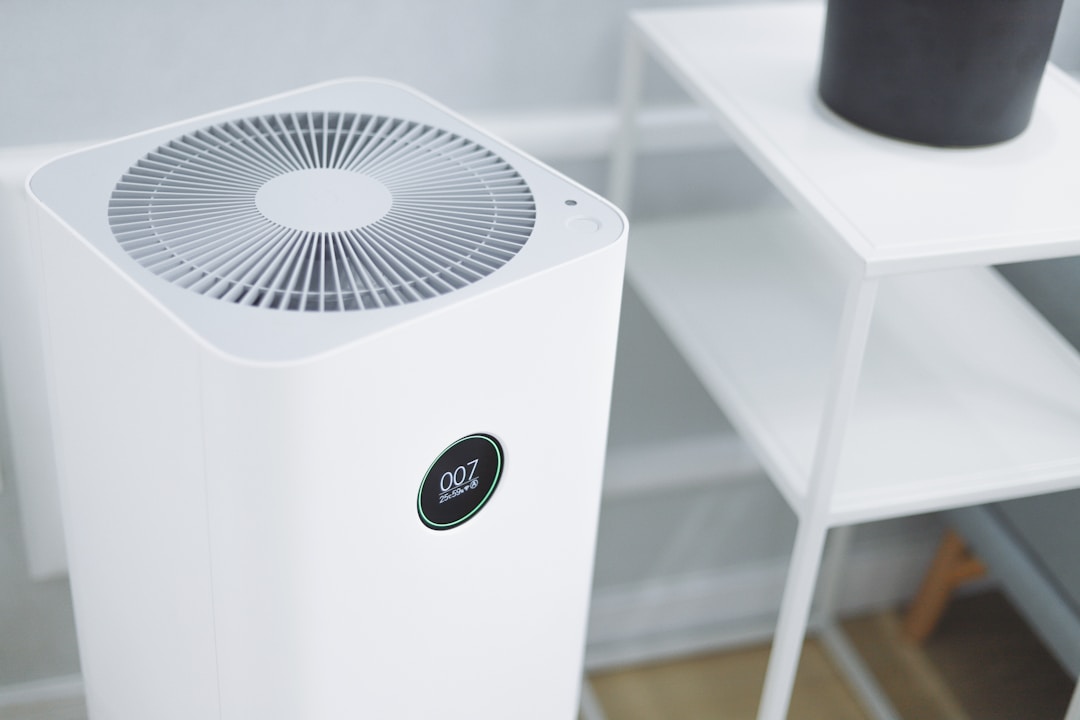While you’re legally an adult at the age of 18, many people don’t start living on their own, managing a career, becoming homeowners, or learning to invest and manage their finances until later. A potential reason for this is the prevalence of college education in the modern age. The more time you’re spending earning your degree in school, the less time you have to learn about how the “real world” works.
Many young adults, whether they’re college graduates or not, will get so ensconced in their jobs that they’ll have little time to focus on other questions and concerns in life, even though there’s so much you need to know to prepare for owning a home, taking care of your health, investing for your future, and much more. Here are just three of the most important questions you’ll need answered as you complete your transition into adult life.
1. What is a times interest earned ratio?

A times interest earned ratio (or TIE ratio) is the indicator of a company’s ability to pay off debts based on its current income. A higher ratio means that a company is a more acceptable risk for investors. You’ll need to become familiar with TIE ratios if you expect to become involved in investing, and it will teach you some general finance lessons as well. So, what’s a good times earned interest ratio, you may ask? It depends on how much risk you’re willing to tolerate.
The TIE ratio, also called the interest coverage ratio, for a company is calculated by taking the earnings before interest and taxes (EBIT) and dividing it by the total interest payable on bonds and other debts.
No business needs to be able to cover their debts several times over just to survive, but if you’re an investor, you’re looking for companies that are relatively free from the constraints of debt, so you don’t have to worry about their performance as much. A ratio that’s even above 1 is technically positive, but if you’re looking to avoid as much risk as possible, a good ratio for you is likely 5 or higher.
2. How can I make sure my home is kept comfortable?

As a homeowner in your adult life, you’ll undoubtedly have more freedom than you ever did as a renter, but you’ll also be responsible for all of your maintenance and repairs. Naturally, one of your most important home systems is the HVAC system, and the last thing you ever need is for your air conditioner to stop just before the summer hits. You’ll need to keep up with regular HVAC maintenance tasks, such as replacing your air filters each month and keeping the vents clear of furniture, dust, and debris. This keeps the compressor from having to work too hard, and it can also help you save on energy bills.
Of course, no amount of maintenance will fix an inefficient system. If your HVAC system is inefficient, how can you tell? Problems with your thermostat are pretty sure signs. For example, if your home feels warmer than the thermostat says, it could be that the aging thermostat is malfunctioning and preventing your air conditioner from completing a full cooling cycle. A simple thermostat replacement may be all you need to get the cold air flowing again.
3. Do I need life insurance?

If you’re past the age of 26, you’ve likely been taking care of your health insurance for a while now. If you’re not yet married and don’t have children, however, you may think it’s fine to wait until later in life to take out life insurance. Don’t be so sure, though.
The cost of life insurance is only going to go up as you get older and potentially have more health issues. Even getting term life insurance early on can be a great way to maintain enough coverage for an affordable price. As your need for coverage grows, you’ll be able to convert it into a permanent life insurance plan, and your insurance company will consider you a low risk as long as there haven’t been any problems.




